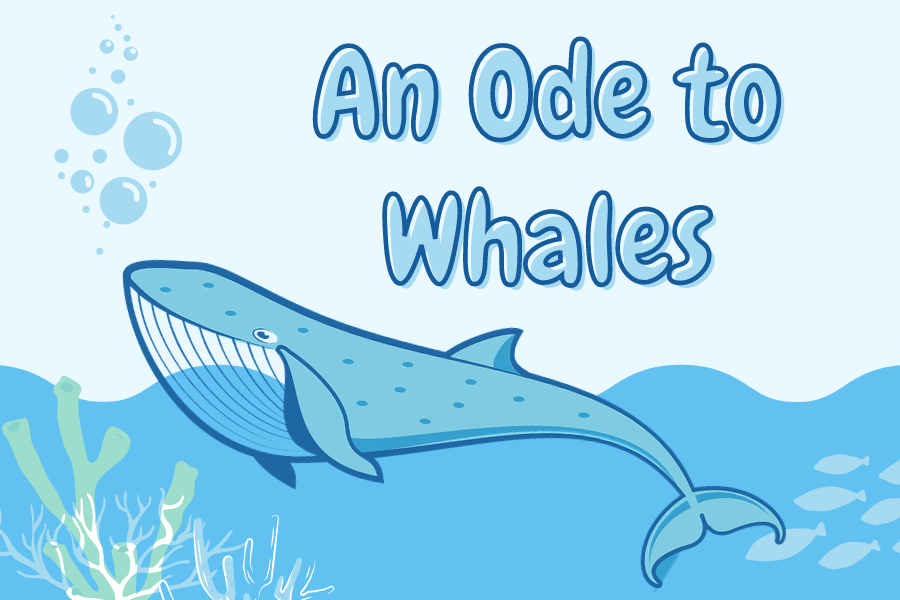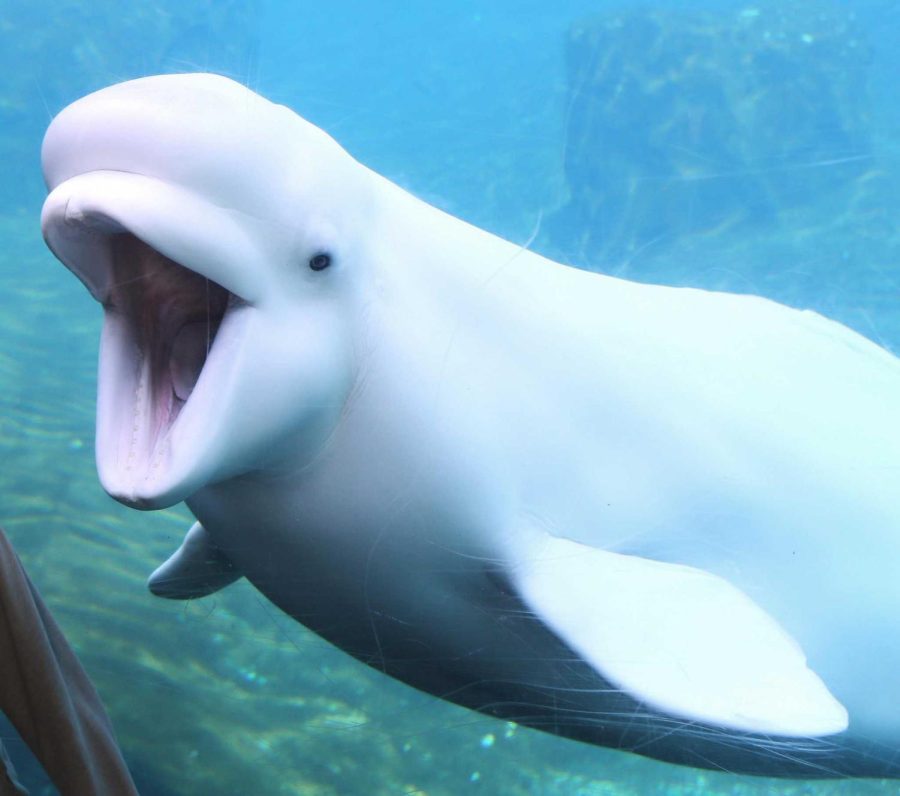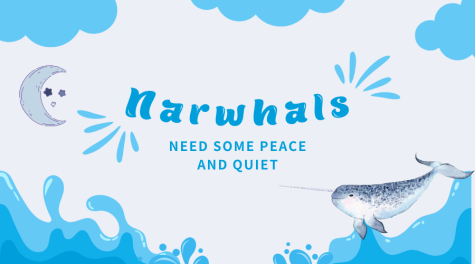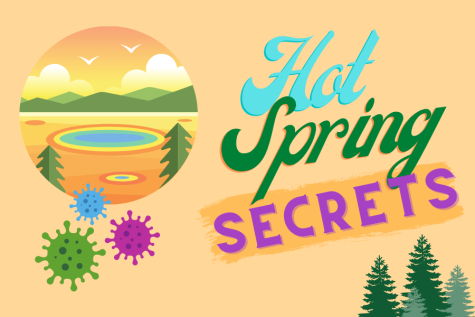An Ode to Whales
An Ode to Whales
You may think that whales don’t do
anything for me or you.
However, you would be mistaken.
Whales should never be forsaken.
If you’re not convinced just yet,
keep on reading and I bet
that you will definitely see
whales are crucial to you and me!
Now that I have captured your attention, let’s dive deeper into the world of whales (that was a pun). Whales are some of the largest and most majestic mammals on Earth, yet many people are unaware of how much they truly contribute to not only marine ecosystems but also to the atmosphere and even the global economy!
Whales have significant environmental value; they stimulate the production of phytoplankton, provide nutrients for marine organisms, and trap atmospheric carbon. Whale excrement contains iron, nitrogen, and phosphorus — all elements necessary for the growth of phytoplankton, which are photosynthetic algae critical to oxygen production. Carcasses of deceased whales at the bottom of the ocean provide nutrients for marine scavengers. Furthermore, a whale is able to trap 33 tons of carbon dioxide in its body throughout its lifespan; when a deceased whale sinks to the ocean floor, it essentially acts as a carbon reserve, helping mitigate the effects of global warming. This massive service to humankind done (for free!) by whales is valued at $1 trillion.
Whales are both environmentalists and contributors to the economy! Whale watching is a staple of the tourism industry; millions of people worldwide flock to the coasts to watch whales swim, feed, and play in their natural habitat. The whale watching industry has accumulated over $2 billion in 2012 and provided jobs for 13,000 people.
Despite whales’ important contributions to life on Earth, they are still hunted globally. Currently, approximately 1.3 million whales swim in Earth’s waters; before the advent of whaling, this number was closer to 4 million. Commercial whaling, or hunting whales for monetary gain, has severely depleted whale populations in our oceans. Whales were extensively hunted for over 400 years before a moratorium on whaling was implemented in 1986. However, over 43,000 whales have been slaughtered in Norway, Iceland, and Japan since then. Human activity is also detrimental to whales in various ways: polluting the ocean, trapping whales in fishing nets, and colliding with whales while on a ship all have deleterious effects on the safety and wellbeing of whales. The exploitation and mistreatment of whales are unjust, especially for an animal that does so much to keep our planet, and many animals that live on it, alive.
Now that I have informed you
about all that whales can do,
it is very clear to see
whales do a ton for you and me.
They help Earth on a massive scale.
This has been an ode to whales!
This is a beluga whale, which I find to be very cute:)
Works Cited
“Protecting whales to protect the planet.” UN Environment Programme, 14 Oct. 2019, www.unep.org/news-and-stories/story/protecting-whales-protect-planet. Accessed 31 May 2021.
“A Whale of an Effect on Ocean Life: The Ecological and Economic Value of Cetaceans.” Animal Welfare Institute, 2017, awionline.org/awi-quarterly/fall-2017/whale-effect-ocean-life-ecological-and-economic-value-cetaceans. Accessed 31 May 2021.
“Why Are Whales Important? Why Should We Protect Them?” Baleines en direct, 29 Feb. 2016, baleinesendirect.org/en/why-are-whales-important-why-should-we-protect-them/. Accessed 31 May 2021.









